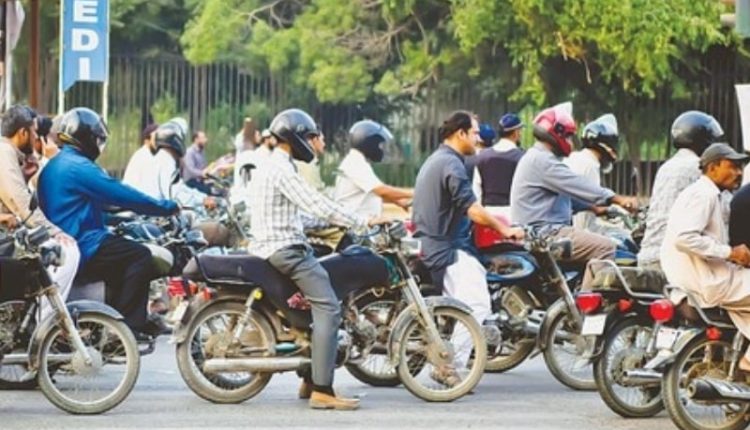Why do Pakistani Motorcycles Riders Always Ignore Safety?
Riding a motorcycle in Pakistan shows how everyday life, low money, and local habits affect the way people travel on the road. If you stand at a busy crossing, you will see many riders moving between cars without checking their mirrors or using their indicators. This big difference makes us ask: why do so many Pakistani motorcycle riders ignore these simple safety steps?
Not Enough Rule Checks
One main reason is that traffic rules are not strictly checked. In places like Dubai, even small mistakes can bring big fines, so people drive carefully. In Pakistan, there are rules, but they are not often enforced. Because of this, riders learn they can pass red lights or skip using indicators and still avoid punishment.
It is human nature to take the easy path, so if ignoring mirrors and signals has no bad result, it quickly becomes a normal habit.
No Proper Road Safety Lessons
Another issue is that many riders do not get lessons on road safety. Some just learn to handle a bike from friends or family. They may not understand why a mirror is so important: it lets you see vehicles coming from behind, giving you time to react. An indicator tells others that you want to change lanes or make a turn.
Without knowing these facts, riders often treat mirrors and signals as extras that do not matter. This lack of learning puts not only the riders but also other people in danger.
Money Problems
Money also plays a big part in this. For many people, a motorcycle is the least costly way to travel. If they have to fix a broken mirror or replace a damaged indicator, they might feel it is too expensive when they have to buy food or pay rent.
If the bike still starts, they think it is “good enough.” Short-term survival needs, like feeding a family, may seem more important than paying for safety items. As a result, many bikes stay on the road with missing or broken parts.
Very Little Government Help
In wealthier countries, some programs help people with low incomes pay for essential things, such as vehicle repairs. Pakistan does not offer much of that help, so families must handle every cost by themselves.
If a household has to choose between fixing a turn signal or buying basic groceries, food will win. When everyone makes the same choice, the roads fill up with bikes that are not safe, which raises the risk for all road users.
Following What Others Do
People also learn habits by watching others. Young riders see older ones driving around without indicators or mirrors and notice that they do not seem to get in trouble. Even riders who know better may stop using these safety steps because they see so few others doing it.
Over time, everyone starts to believe that ignoring mirrors and signals is normal. Since there is no clear downside—like a fine or a lecture from the police—few people feel any need to change.
Conclusion
Putting all these things together—rules not strictly checked, no proper road safety lessons, money problems, limited government help, and the habit of copying others—shows why so many Pakistani motorcycle riders skip mirrors and indicators. It does not mean they are careless by nature.
In countries with strict laws, they follow every rule. The real problem is a system that does not push people to stay safe or help them afford repairs. A better approach would include more police checks, easy-to-understand safety campaigns, and financial support for those who need it. By fixing these issues, Pakistan can guide its motorcycle riders to use mirrors and signals, making the roads safer for all.


